Israeli researchers from The Medical Cannabis Research and Innovation Center at Haifa’s Rambam Health Care Campus are leading research that suggests the effects of medical cannabis could be used as a method for treating some symptoms of seriously ill COVID-19 patients.
As the novel coronavirus continues to spread, clinical trials at Rambam hospital for the use of medical marijuana in treating and preventing the rapid, life-threatening inflammation in patients with COVID-19 are scheduled to begin in the next few months. Preliminary investigations have already indicated as much, according to the hospital. The researchers aim to prove these theories with evidence-based trials.
Leading the team of researchers is Dr. Igal Louria-Hayon, scientific director of The Medical Cannabis Research and Innovation Center.
“For the first time in Israel, a laboratory experiment has been undertaken to explore the effect of various types of cannabinoids on the white blood cells of COVID-19 patients,” he tells NoCamels.
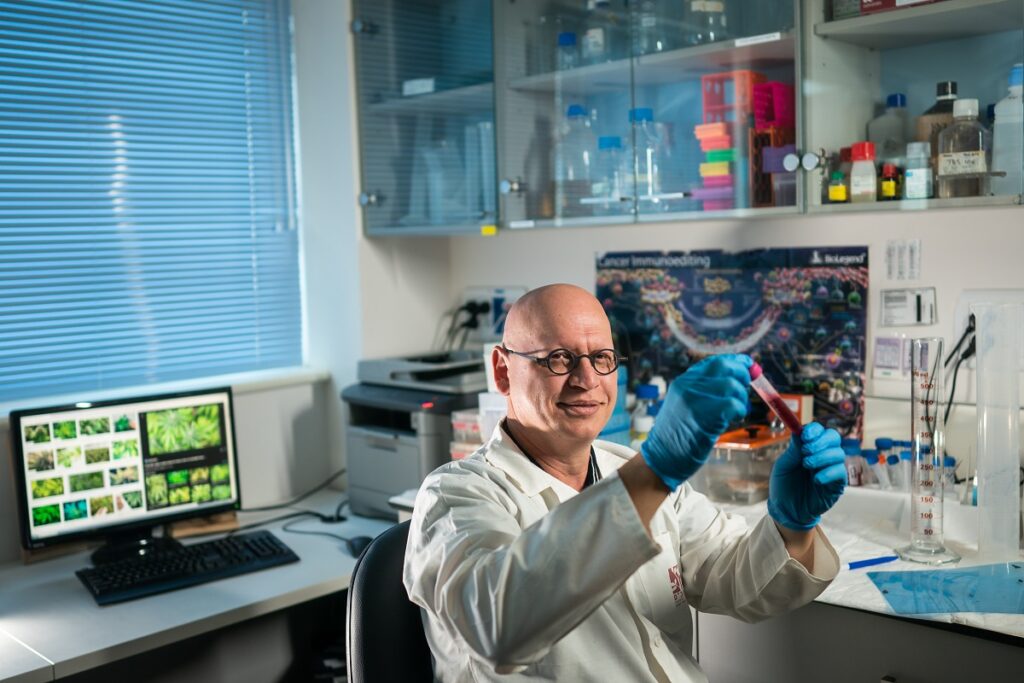
Dr. Louria-Hayon says the focus currently is just how much cannabis influences the inflammation process.
“We began to understand that cannabinoids take part in the communication network of cells in the immune system. While working full force on these findings, the corona[virus] outbreak suddenly broke,” Dr. Louria-Hayon said, “As we are situated in one of the biggest hospitals in Israel, naturally, our team became part of the worldwide efforts to fight the pandemic.”
Current research indicates that when the body’s immune system recognizes a new and threatening invader, a large number of white blood cells are activated and release inflammatory “communication molecules” called cytokines, which activate even more white blood cells and regulate the inflammation process, he explains. This storm of cytokines which can result in the out-of-control inflammatory response which worse the illness and can even lead to death.
“Based on our experimental data, we hypothesize that cannabis may affect the cytokine storm which occurs during COVID-19 disease. Our goal is to apply cannabis treatment to downregulate the inflammation storm before the patients develop severe lung inflammation,” Dr. Louria-Hayon said. The center aims to treat the inflammatory “storm” as it develops and before the patient’s condition deteriorates and a ventilator is needed.
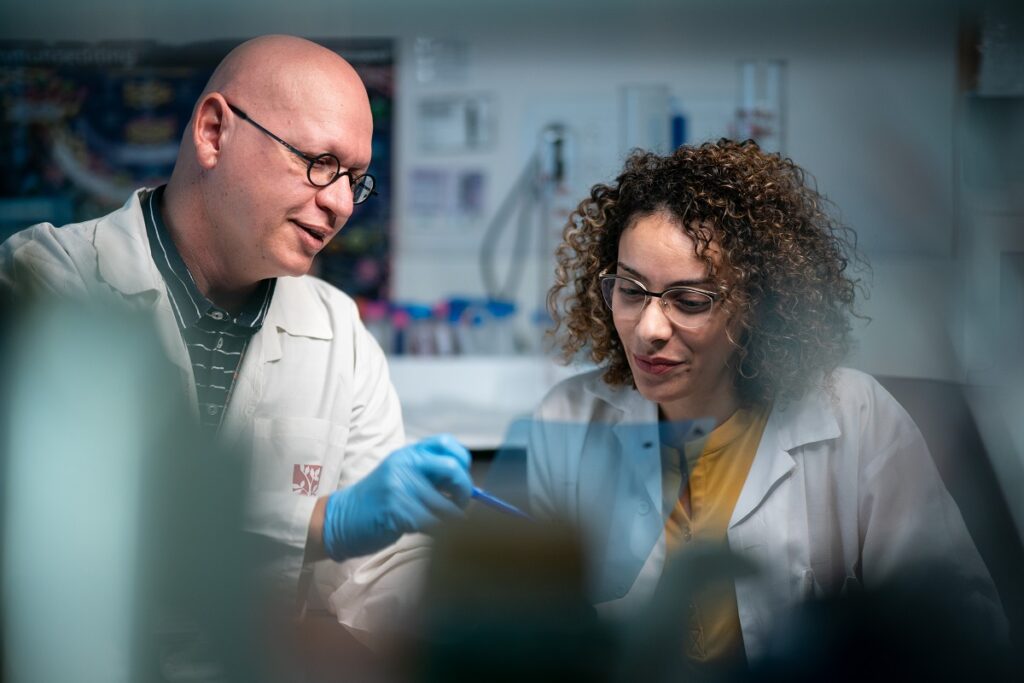
Active components in cannabis activate an internal system in the body called the endocannabinoid system. Since the body naturally produces and utilizes substances similar in structure to the active components of cannabis, it may also respond broadly to the cannabis plant itself.
“We hope that by decoding the cannabinoid activity mechanism during inflammatory storms, we can treat COVID-19 patients where conventional drugs have failed,” Dr. Louria-Hayon said in the statement from Rambam. “The uniqueness of our cannabis treatments is based on our understanding of the mechanisms of cannabinoids activity and scientific findings.”
The researchers are using a complex composed of more than a hundred cannabinoids in each cannabis plant. The concentration of cannabinoids differs between the strains. “We first have to identify the relevant strains and cannabinoids combinations which target and thus treat inflammation,” Dr. Louria-Hayon tells NoCamels. Inflammation is also not a simple process with approximately 20 different cells participating in inflammation progression and different pathogens may induce different components of the inflammation.
“Thus, not every cannabis strain that showed anti-inflammatory properties, can also treat COVID-19 disease. Our challenge and goal is to identify the specific strain or cannabinoids combination, which can treat the specific COVID-19 related pattern of inflammation.,” he said.
Sign up for our free weekly newsletter
Subscribe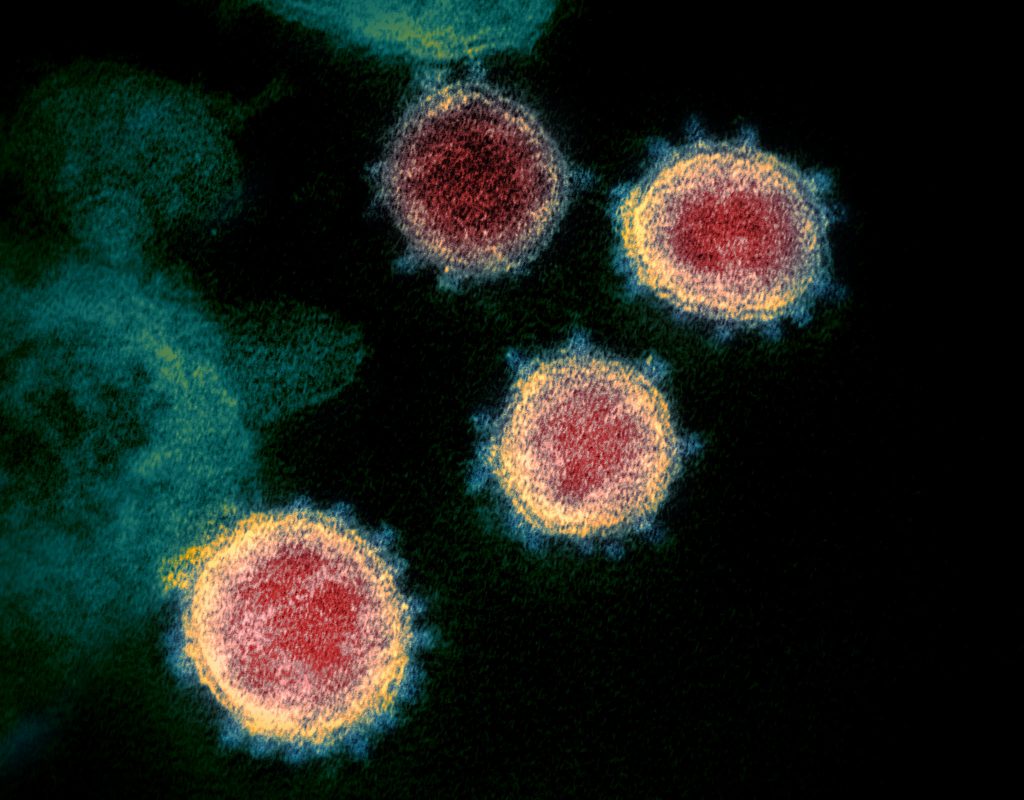
A biobank database of COVID-19 patients at Rambam will help facilitate research into the possible therapeutic effects of cannabis in battling some symptoms of the deadly virus.
“We saw the establishment of a biobank pool for COVID-19 research as essential to securing rapid answers and accelerating critically needed research. Blood samples are the most accessible resource for continuous sampling—to understand biological processes during the disease and to develop vaccines and drugs,” Dr. Shlomit Yehudai-Reshef, director of the Clinical Research Institute at Rambam hospital, said in the statement.
“At Rambam, dozens of COVID-19 patients have been hospitalized in recent weeks, from whom blood samples were collected for clinical and research purposes”, she said, noting that “despite the complexity and high risk, we found a safe way to separate the white blood cells, including the immune cells from verified patients.”
Effective treatment for COVID-19?
The researchers took blood samples from the COVID-19 patients and kept them in a way that they could isolate the immune cells on demand, Dr. Louria-Hayon explained. These will serve as samples for the first stage of experiments.
The scientists divided their clinical experiments into two different investigations. The first experiment will isolate the immune cells from the blood of COVID-19 patients, which cause the cytokines storm, and will identify the strains and cannabinoids that affect inflammation properties of the patient’s cells, according to Dr. Louria-Hayon.
“This experiment will begin in a few months, and based on its analysis, we will progress to the second clinical experiment where we will treat COVID-19 patients with the candidate strains that presented anti-inflammatory potential on human-derived cells (the first experiment).”
This course of examination will secure the accuracy of treatment, Dr. Louria-Hayon tells NoCamels. “The aim is to be ready for the second clinical experiment when the next pandemic will break.”
SEE ALSO: Israel Gives Official Go-Ahead For Medical Cannabis Exports
Researchers of the cannabis research center investigated multiple cannabis strains and were able to narrow the field to about 15 species strains that appear to have the ability to prevent the intense inflammatory response experienced by some COVID-19 patients. “We detected signs that cannabinoids contribute to the sophisticated fabric network of intercellular communications,” Dr. Louria-Hayon explained. “Intercellular communication based on cannabis-like substances also exist in the immune system. If we understand how cannabinoid components are used in intercellular communication, we can help influence this communication in the event of a disease, to disrupt it or empower the communication to convey desired messages.”
Each cannabis strain has hundreds of active substances. The researchers want to examine the receptors to which these substances bond, the cellular messages that are communicated, and the extent to which cannabinoids reduce the inflammatory response.
“We believe that we will be able to accelerate the pace of investigation and move more rapidly to clinical applications, due to access to the National Biobank at Rambam,” said Dr. Louria-Hayon.
Related posts

Israeli Medical Technologies That Could Change The World

Harnessing Our Own Bodies For Side Effect-Free Weight Loss

Missing Protein Could Unlock Treatment For Aggressive Lung Cancer


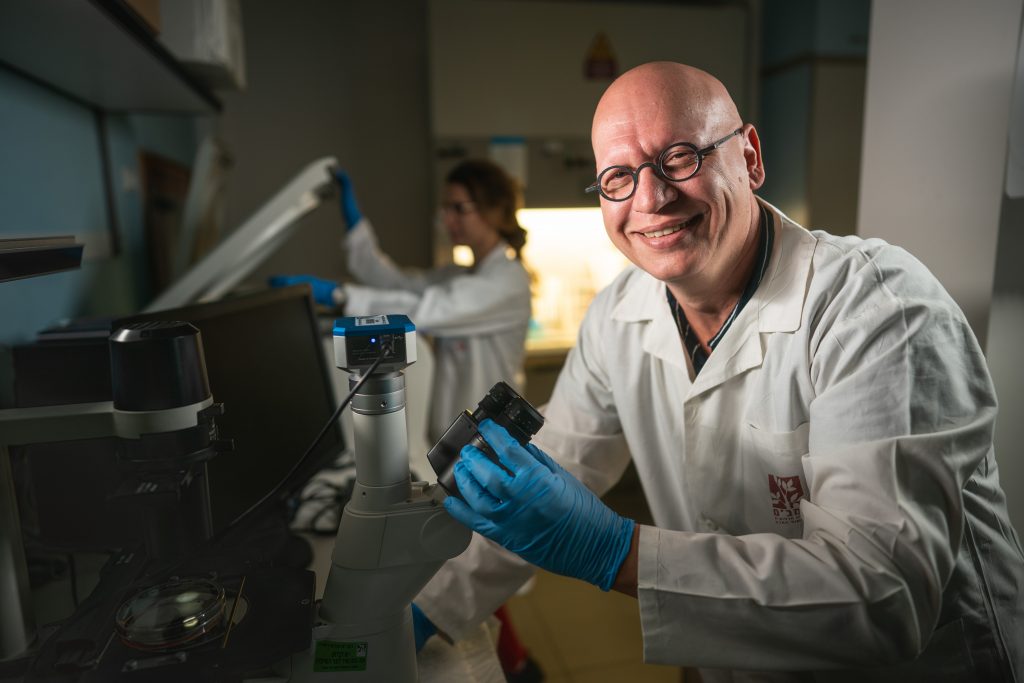
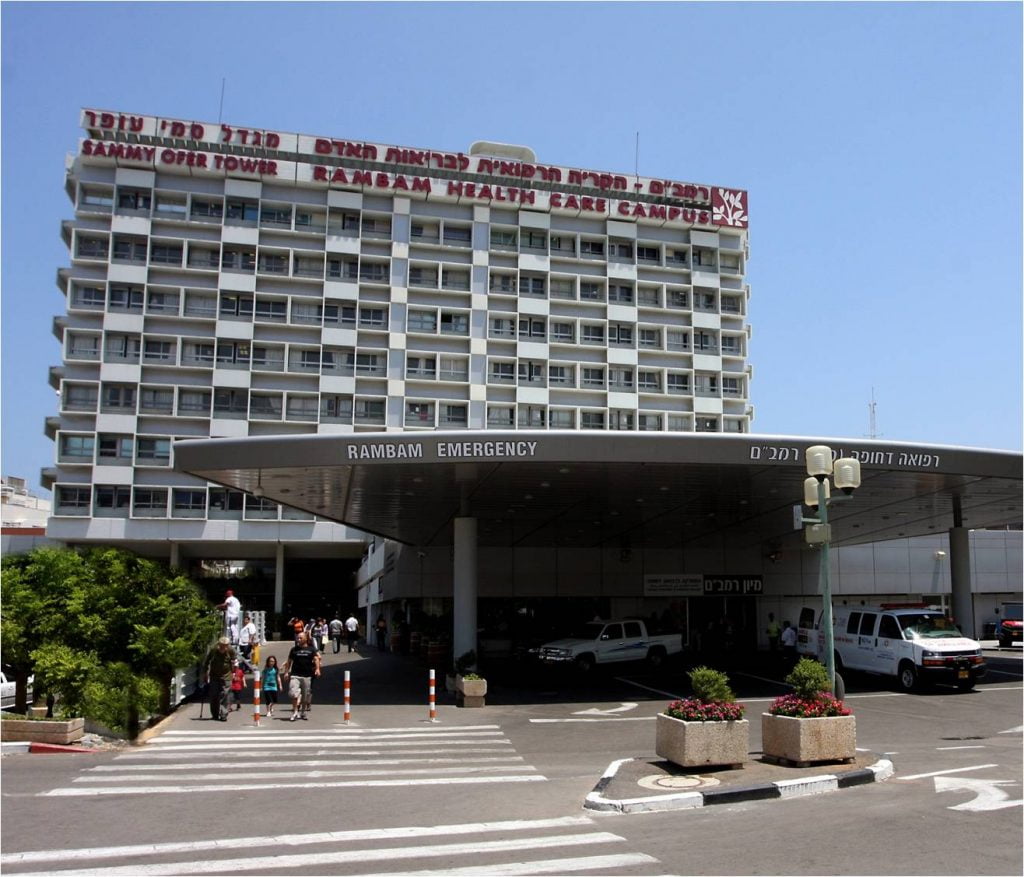

Facebook comments